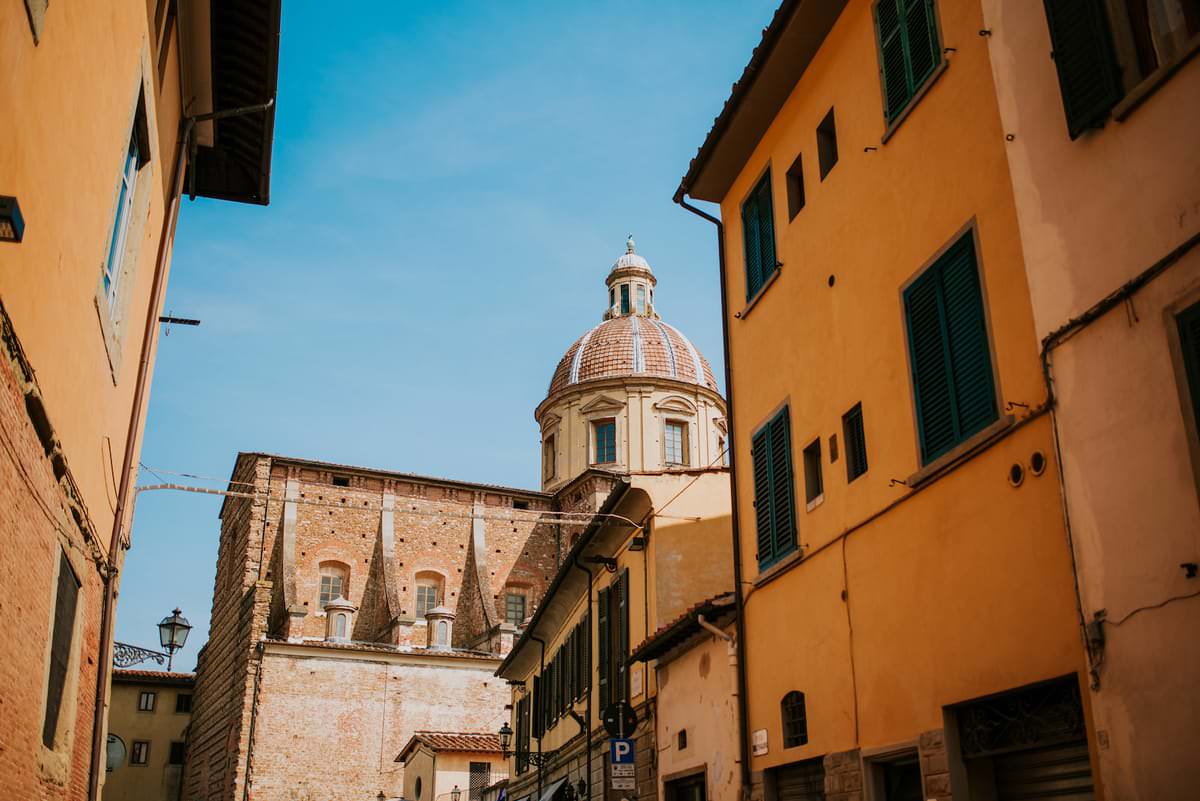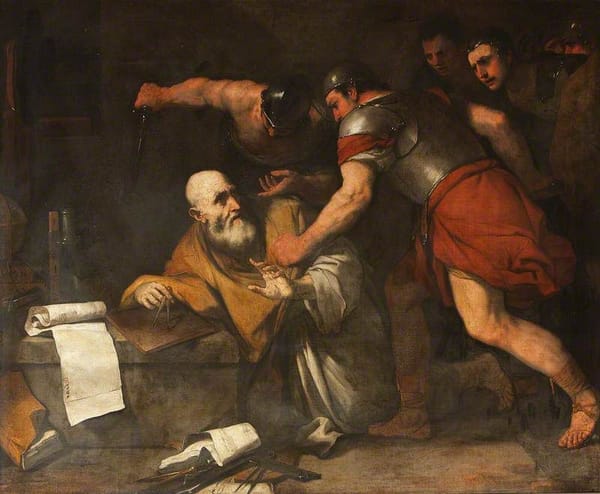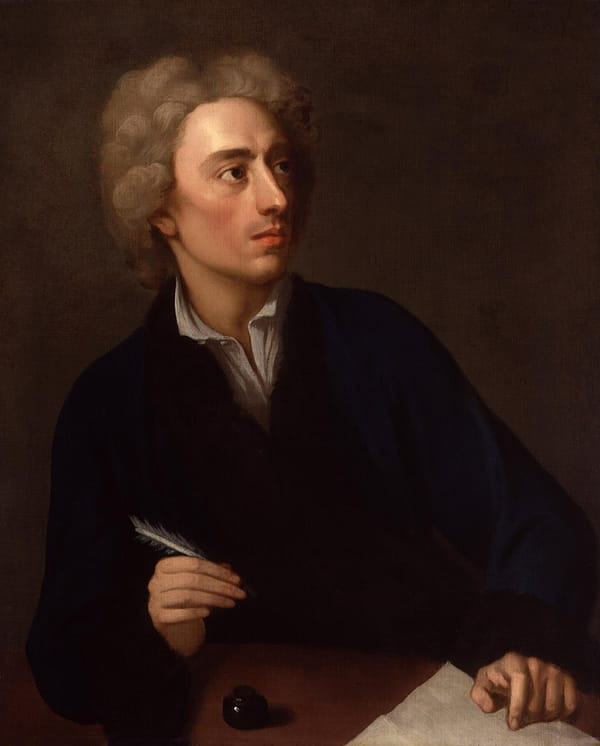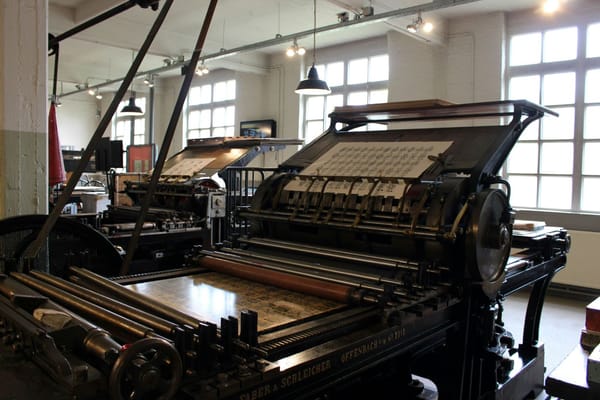Renaissance Facts

- In the Renaissance period, vernacular, or the language of a particular region or country, started to become more used than Latin. Renaissance writers used vernacular because they were targeting the people living in their own country instead of the select few who could read Latin.
- In the Italian Renaissance, power gradually shifted from republicanism, or a government controlled by the people, to despotism, or a government controlled by a single person.
- The townhouse of an Italian merchant was the location that shaped the values of the Italian Renaissance, not so much the manor of a nobleman, the cottage of a serf, the industrial districts of an Italian city, or a monastery.
- Petrarch (an Italian poet who lived from 1304-1374) is often called "the Father of Humanism" because of his religious views and his compilation of classical texts. Humanism (the philosophy of the Renaissance) considers human beings as the starting point for serious moral and philosophical inquiry, emphasizing the individual and social potential of people.
- Renaissance education was characterized by emphasis on developing the "complete individual".
- The favorite classical writer of Renaissance scholars was Cicero, a Roman statesman, lawyer, scholar, and philosopher who lived from 106-43 BC.
- Strong anti-Christian sentiment was not a characteristic of the Renaissance because many Renaissance authors and artists were Christians.
- Early Italian Renaissance humanists would have been most interested in finding an old Greek manuscript because they were very enthusiastic of learning about the classical world.
- The Courtier by Castiglione suggested the proper graces of a Renaissance nobleman. Castiglione wrote that a noble must have training to be an able warrior and social talents such as wit, the ability to dance, and “a certain grace that makes all his activities seem effortless and unconscious.”
- Don Quixote, a book satirizing (making fun of) the ideas of knighthood and chivalry was written by Miguel de Cervantes, one of the most important Renaissance writers.




